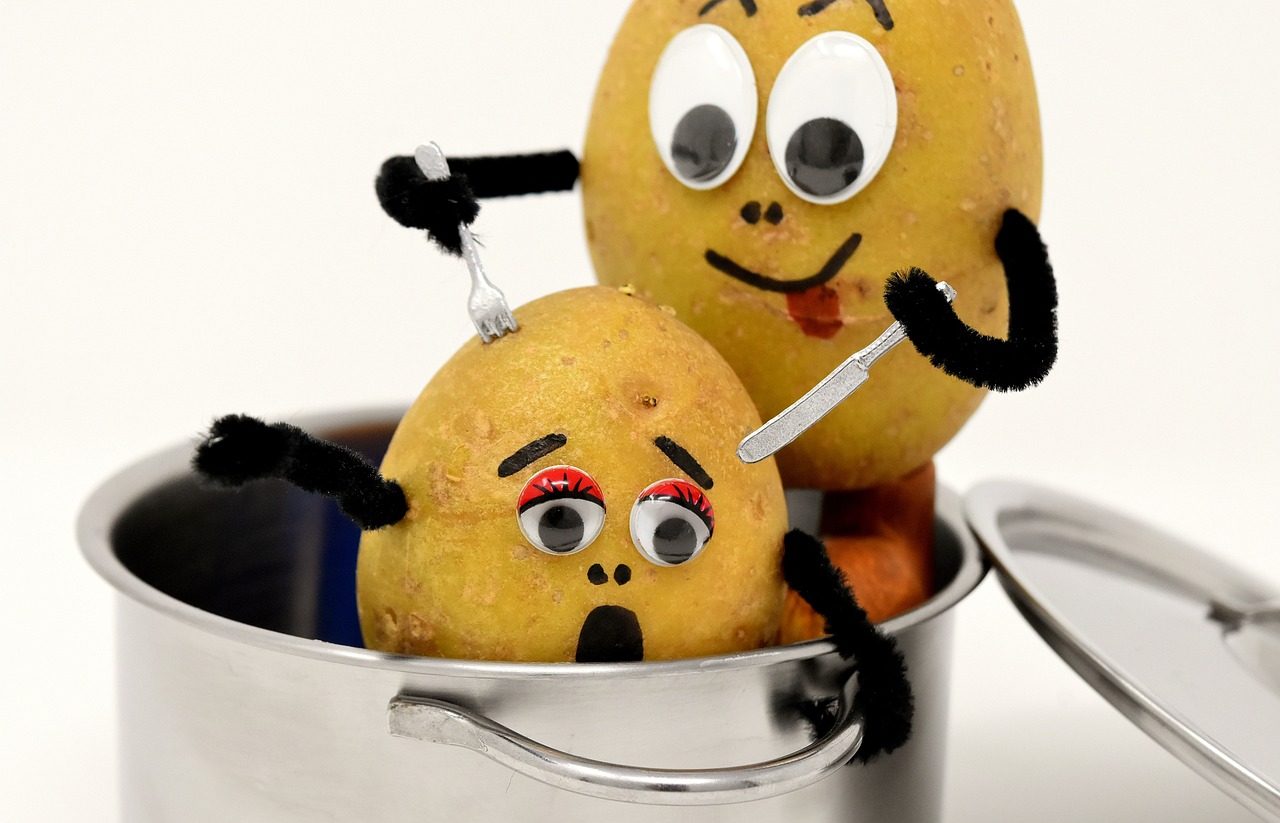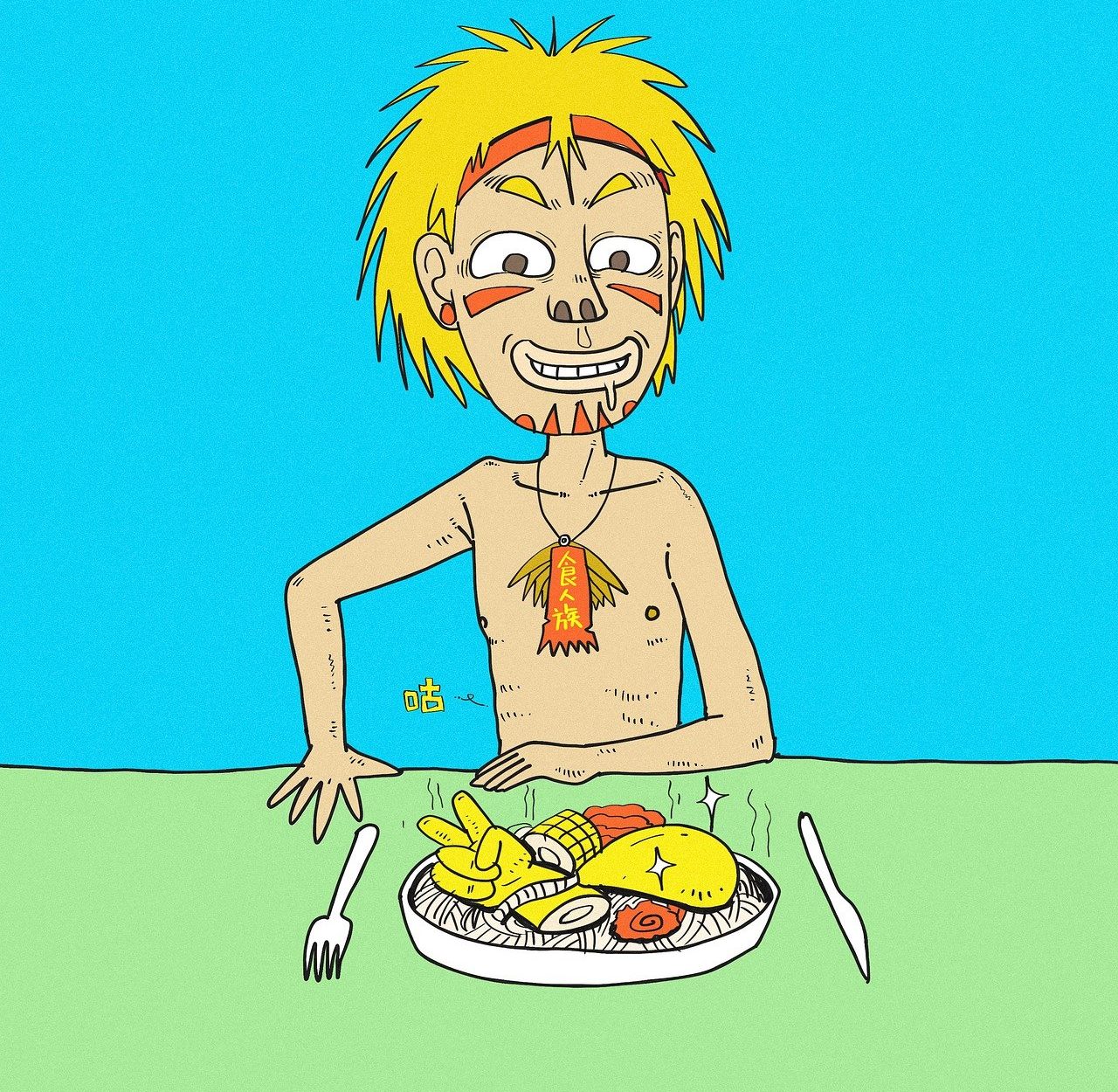
The member of a species that feeds on other specimens of the same species is referred to as a cannibal.
A cannibal is a person who engages in anthropophagy : that is, who eats human flesh. Cannibals, therefore, are human beings who eat human beings .
The concept, however, can be used in a broader sense to name the member of any species that feeds on the meat of other specimens of the same species .
The etymology
The etymological origin of the term is found in the Taíno language . When the Europeans found American aborigines who were cannibals, they called them with a word from the native peoples that, in reality, alluded to audacity or audacity.
It is likely that the first form of the word cannibal was cariba or caniba , and that it arose as a deformation of the term caribe . For the Arawak people (also known as Arawak ), indigenous settlements in the Circum-Caribbean region at the time of the conquest, the term in question meant "enemy" , exactly what the Caribs represented for them.

In ancient times there were cannibal tribes.
history of cannibals
When Christopher Columbus arrived on the current American continent, on the island of Hispaniola he met these tribes and saw anthropophagy for the first time. According to documents from the time, the Caribs fought against the Arawaks to steal their belongings and took advantage of the attacks to capture their children, whom they later castrated and fed until they ate them.
In ancient times, cannibalism was a practice of different human groups possibly inherited from their ancestors . With the passage of time , anthropophagy became linked to certain rituals . There were people who were cannibals only at certain times and for a reason linked to culture.
Currently cannibalism is a practice punishable by law , as well as condemned at a social level. Among the reasons why a human being can act this way today are extreme hunger, mental disorders or the participation of a criminal organization.
The repulsion
The vast majority of people are repulsed by the thought of eating human flesh, and this makes the so-called carnism even more difficult to understand: that is, the ideology or set of beliefs organized in a system that conditions beings. humans to eat meat and other animal products.
Why can someone devour a steak with gusto and squirm in disgust at the mere idea of cannibalism? In part, because he does not hunt with his own hands or tear the cow before cutting it up and cooking it.
Examples of cannibals
In recent decades, however, there have been cases of individuals who were forced to act as cannibals in extreme situations. A famous case occurred in 1972 in the Andes Mountains , when a plane carrying Uruguayan rugby players fell into the mountain and the survivors had to eat some of the dead passengers to survive.
There have also been stories of mentally unstable subjects who resorted to cannibalism after committing a murder. As Dorángel Vargas , a serial killer and cannibal who acted in Venezuela in the late 1990s .
The natural balance
Cannibalism as a concept is opposed to the ideal organization of a species, since nature expects us all to achieve balance in another way: by eating the individuals of other species, whether animals or plants, to prevent their populations from increasing. disproportionately.
If we look at groups of natural hunters, such as wolves or lions, we will notice that their populations are usually considerably smaller than those of their prey, and this reinforces what was said in the previous paragraph. If the wolves ate each other, not only would they become extinct, but the animals that were previously part of their diet would reproduce excessively and this would have many negative consequences.
